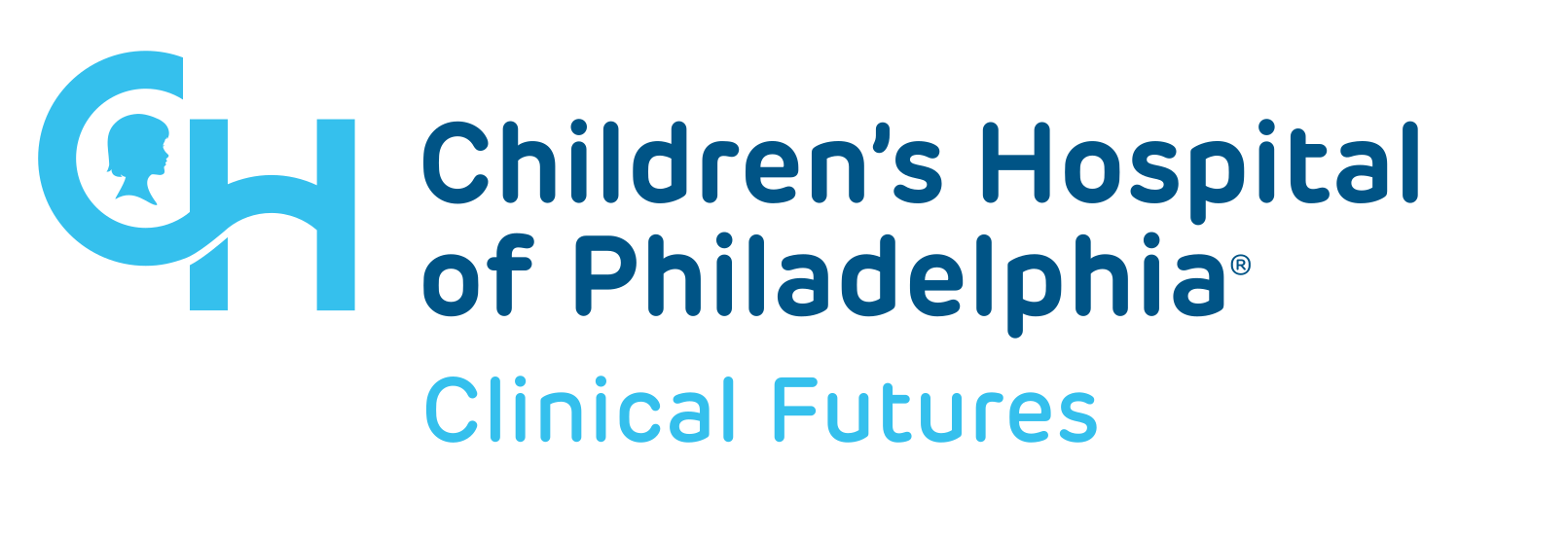Research In Practice Blog
Breadcrumb

Intro:
While clinicians recognize that feedback reports summarizing clinician performance are valuable tools for improving antibiotic use in the ambulatory setting, their effectiveness in hospital settings remains unclear. A group of investigators from CHOP, including Clinical Futures Core Faculty Members Kathleen Chiotos, MD, MSCE, Robert W. Grundmeier, MD, Yun Li, PhD, Julia E. Szymczak, PhD, Morgan Congdon, MD, MPH, MSEd, and Jeffrey S. Gerber, MD, PhD, recently published a study examining how an intervention utilizing clinician feedback reports could increase appropriate usage of antibiotics for patients with community-acquired pneumonia (CAP).
Study design and findings:
Their quasi-experimental study was conducted between December 2021 and November 2023, utilizing an interrupted time series analysis (ITSA) to measure the impact of clinician feedback reports on the appropriate use of antibiotics in children hospitalized with CAP. The investigators assessed the immediate change and trends over time in the proportion of CAP encounters adherent to validated metrics of antibiotic choice and duration. Poisson regression was employed to evaluate the intervention’s effect, expressed as a rate ratio (RR).
The results indicated an increase in clinician adherence to the recommended guidelines for antibiotic choice and duration in children hospitalized with CAP. This improvement was achieved through the utilization of clinician feedback reports. Researchers shared the reports via email and discussed them in a monthly quality improvement meeting with their hospital medicine clinicians. This allowed for a discussion about the report and recommendations for optimal management of CAP.
Research in Practice Implications:
Before the intervention, 213 out of 413 encounters (52%) received the appropriate choice and duration of antibiotics. After the intervention, this number increased to 308 out of 387 encounters (80%). Researchers found that communication interventions, which included email delivery methods and monthly meetings to share clinician feedback reports, led to improved adherence by clinicians to recommended antibiotic choices and durations for children hospitalized with CAP.
“Increasing appropriate antibiotic use in hospital settings is crucial to reducing unnecessary antibiotic exposure and its associated risks. This study’s results demonstrate that implementing structured feedback reports can significantly improve adherence to appropriate antibiotic use in children with community-acquired pneumonia. By utilizing these methods, hospitals can improve recommendations for both choice and duration of antibiotics, ultimately improving patient outcomes and leading to effective use of resources.” Dr. Kathleen Chiotos, MD, MSCE.
Actionable Insights:
- Clinical: Clinician feedback reports can lead to an increase in appropriate antibiotic use in children hospitalized with community-acquired pneumonia (CAP).
- Research: Future research should evaluate the most effective method of delivering feedback (for example, frequency, mode of delivery), as well as improving strategies for ensuring optimal antibiotic use at care transitions such as hospital discharge.
Related Information:
Clinician Feedback Reports on Antibiotics Shape Usage in Pediatric Inpatients With Pneumonia- Contagion Live
Clinical Futures author(s):
Drs. Kathleen Chiotos, Robert W Grundmeier, Yun Li, Julia E Szymczak, Morgan Congdon, and Jeffrey S Gerber
Citation:
